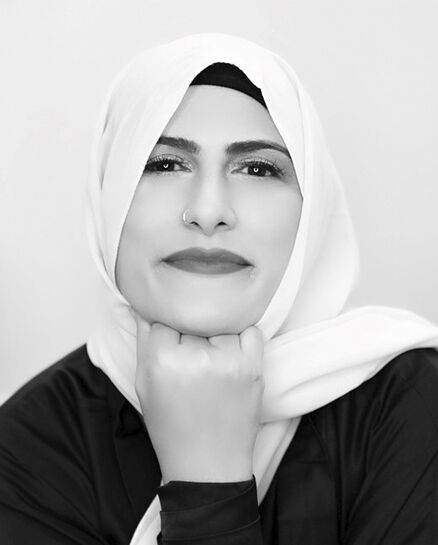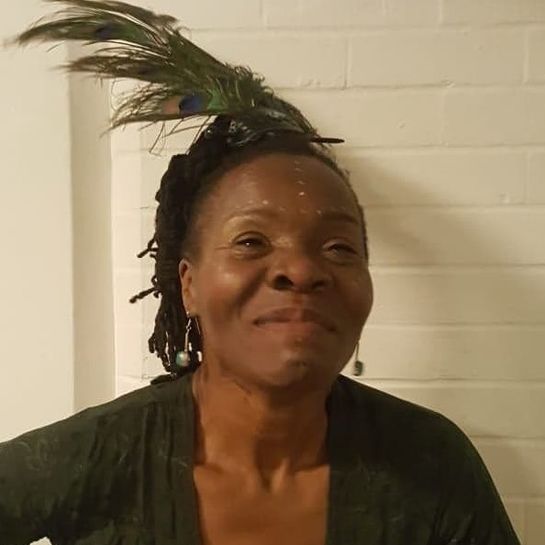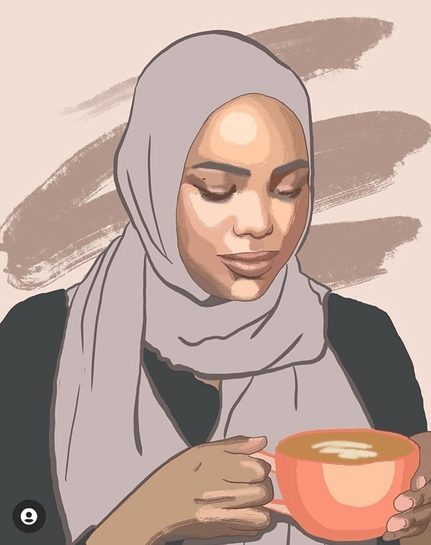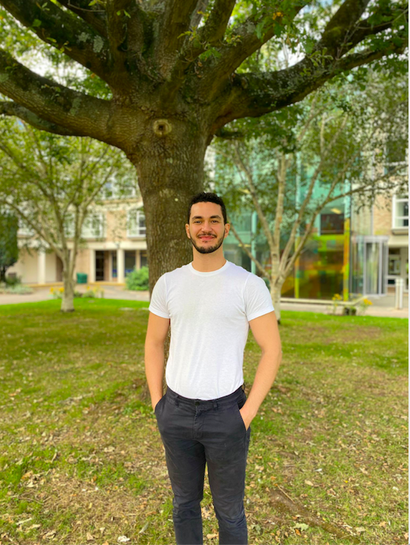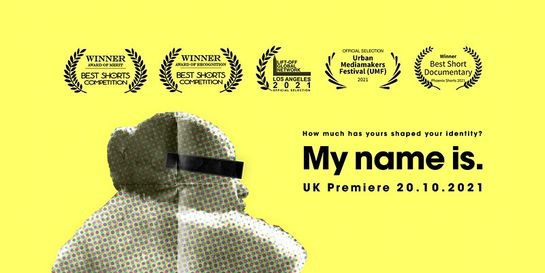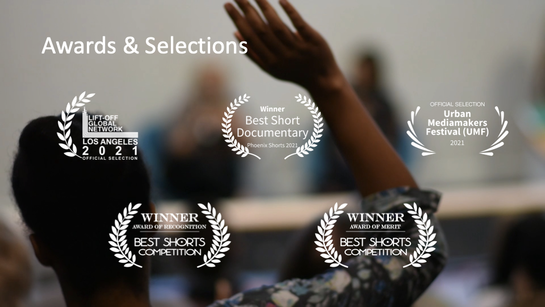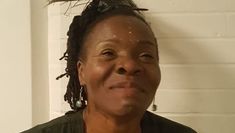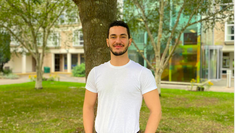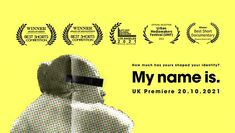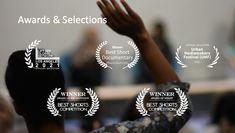Black History 365 - an Interview with Dr Javeria Khadija Shah
In October, Central’s Learning Skills programme and Dr Javeria Khadija Shah, Programme Leader of Learning Development and Inclusion at Central, are launching Black History 365.
Black History 365 is a model of learning, teaching and creative practice which will aim to desegregate and include Black excellence and contribution – past, present and future – in collaboration with artists, emerging scholars, activists, educators and public intellectuals all year, every year under the ethos that Black History is made every day.
Black History 365 follows on from two years of collaborative work and research undertaken between Dr Shah and The Centre for Race, Education and Decoloniality (CRED). This work, Black History Interruptions, involved a series of events framed as interruptions to the erasures and segregations that fell in the UK Black History Month and involved discussions with key voices behind important discourse, research and practice that interrogate race and racism.
To launch Black History 365, the Learning Skills programme will be hosting a keynote speaker event with Emerging scholar Amira Samatar, facilitating two key initiatives in shape of an arts residency with African Storyteller and facilitator Griot Chinyere Nwaubani and a public lecture series which will open with a talk from Indigenous North African scholar Riadh Ghemmour. The Learning Skills Programme will also host the UK premiere of award-winning research documentary film ‘My name is’, created with Dr Shah and central graduate Tony Giroux, which explores the adoption of anglicised names in western contexts to ‘fit in’ and the effect that this has on shaping identity.
In advance of the launch, we sat down with Dr Shah to discuss her work, Black History 365 and how audiences can engage with this work in the coming year.
What is Black History 365, and how did the idea for this initiative come about?
Black History 365 is a conscious shift to us acknowledging Black contributions and excellence to our lives, histories, and society as we know it today. This shift is inspired by the anti-racist and decolonising scholarly activism I am involved in, in and outside of Central. We all have a role to play in co-creating an equitable society, and part of that requires us to articulate the rhetoric in practice.
How did you curate and develop the programme for Black History 365?
I have been working on Black History 365 for the past year since the last Black History Interruption that took place in October 2020. I have mobilized colleagues, friends and peers that are involved in this ‘work’ with me outside of Central, to help bring the ideas to fruition.
Tell us more about the artists and scholars that are collaborating on this work.
Griot Chinyere, Amira Samatar, Riadh Ghemmour are wonderful friends and colleagues who are all doing their part in creating a safer, kinder, and more equal world. They come from a range of artistic and academic contexts, and I am humbled and delighted by their support.
Griot Chinyere Nwaubani is an internationally renowned griot storyteller who has travelled across Africa, Europe and the Middle East telling stories, writing stories, and delivering creative based group work. This has helped develop an artistic griot way process. Chinyere has written and produced 21 plays and has devised numerous performances with young people and intergenerational community groups worldwide.
Amira Samatar is a postgraduate researcher whose academic interests centre around the educational experiences and journeys of racially minoritised students in British universities, with a specific focus on Black British women’s experiences beyond the postgraduate level. Amira is committed to progressing social justice agendas within the higher education sector and is co-chair of her institution’s Race Equity Network.
Riadh Ghemmour is a doctoral researcher in education and a teaching assistant affiliated to the University of Exeter. Riadh’s scholarship and practice is grounded in decolonisation, Indigenousness, anti-racism, social justice education and critical theories in education. He is the co-founder of Decolonial Dialogues which is a shared space advancing understanding of decolonisation across disciplines. He is also part of the Exeter Decolonising Network and an associate at the MA-Education consultancy. Riadh is passionate about poetry, storytelling, and Indigenous folklores.
I am also delighted to announce two more scholars that will be joining us for the Public Lecture series next year. We will have Dr Alia Amir, joining us from Sweden via an online lecture on language policing on the 11th of January 6pm GMT and Nidhi Shrivastava from Western University Canada, will be joining us online for a Public Lecture on her research on the 6th of June at 6pm GMT - more on this soon!
As a part of Black History 365, the Learning Skills Programme will be hosting the online UK premiere of documentary film ‘My name is’. How were you involved in the creation of this film, and what does it mean to you?
My name is. It is a personal project for me, and all involved. Tony’s involvement in this project was inspired by an MA Acting for Screen, Screen Studies icebreaker exercise in which I explained the importance of getting people’s names right and shared my own experiences of being pressured to adopt an anglicized name. Tony contacted me a few months later with an idea to develop a project on the theme and the rest is history. As principal investigator, I developed Tony’s vision as a practice as a research project and was able to acquire some small bid funding from Deanery to support the filmmaking aspect to the project. Tony and I are delighted with the film that has emerged from this project, Tony is a very gifted filmmaker with a wonderful ability to elicit and capture personal stories and it has been a real honour to be working with him on this project. This project is very personal to me and the catalyst for me retruning to my given name after 25 years.
The next stage for this project is further screenings and associated written outlets like articles and blog posts so watch this space, more to come with My name is.
What can students and staff look forward to this year as a part of Black History 365, and where can they find out more information?
More public lectures and great events through our artist in residence, so please keep on our twitter and Brightspace.
What else are you working on at the moment?
My anti racist activism of the past decades is now articulated as scholarly activism, and part of that includes working closely with key voices in this work, such as Dr Muna Abdi, to expand the conversation and to educate. I am currently working with a range of universities on their anti-racist journey.
I have a book chapter in the Routledge International Handbook of Critical Studies in Whiteness, on whiteness and social performance later this year, which I am very excited about.
I am also finalising edits on series two of the Social Performance Network’s Offscript! Podcast, we have some great guests who I am looking very forward to bringing to our audience.
To find out more about Black History 365, please visit Central’s dedicated website.
To find out more about documentary film ‘My name is’, please visit the official film website.
Alongside her extensive work at Central, Dr Javeria Khadija Shah is a cultural sociologist and interdisciplinary scholar with expertise in policy, media education, sociology, and the visual arts. She is also the Founder of the Social Performance Network which is focused on the centralising of individual voice and lived experience in developing holistic understandings of social phenomenon. The Network collaborates with artists, activists, and academics, to create such spaces and promotes an ethos of nuance to conversations relating to identity, including race. You can find out more about the work of the Social Performance Network on their website.

